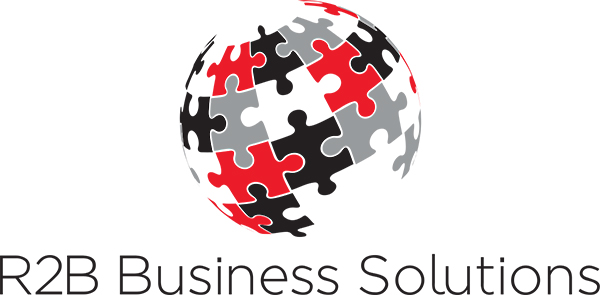Our job here at R2B Business Solutions isn't just to step in and save companies from insolvency after things have turned sour, but also to support business owners with planning and prevention to avoid any threat of insolvency entirely. There are very many different strategies we can recommend, and every business is different, but something that we have found is particularly important in any business that has customer relationships to manage, is a good CRM system (Customer Relationship Management).
The type of businesses that can benefit from good CRM procedures are those that have ongoing client relationships, such as agencies, software companies, telecoms companies, consultants and the like, but also companies that deal with the public such as eCommerce businesses, plumbers, builders, hair salons and so on.
Why would my business need a CRM system?
If you're bootstrapping your business, the extra cost and resource involved in setting up a CRM system can feel hard to justify on the face of it. Some systems need to be installed across a network of computers and involve an IT professional and could cost over £1000 to get started. Other CRM systems might be cloud based but attract a high monthly subscription fee. This can vary widely based on functionality from around £50 per month up to £2000 per month! There is also the time taken to upload customer details and to train staff on the system to consider. This may seem like a large outlay of time and money initially but in the longer term, having the right Customer Relationship Management strategies in place will not only save time and money but will help to identify missed sales opportunities and repeat business opportunities, as well as supporting your finance team with credit control and cash-flow management.
Which features of a CRM System will help my business stay solvent?
Your CRM system should provide information for your sales, customer service and accounts teams. It can be a useful place to record information about customers and clients on an individual basis, but also a quick and easy way to generate reports for planning and reviewing.
Consider capturing the following information about each customer:
- How the customer found you (was it a web enquiry, sales meeting, exhibition). Knowing how customers found you will show you how well your marketing activities are performing and can help you adjust your marketing budget accordingly.
- Full customer contact details. If you don't have full details for a customer, it can make debt recovery very challenging, if it gets to that point. Where you have contact details, it also makes sense to ask for consent to use these details for sales and marketing messages. It's easier to encourage repeat business in most scenarios than it is to go out hunting for new customers.
- The customer's lifetime spend with you (this shows you how valuable they are!) If you have to make a decision on resources such as staffing, knowing a customer's lifetime or average spend over time will show you whether it is viable to allocate any extra resource to them or whether you are perhaps "over servicing" that account.
- The customer's payment history (whether they are overdue on a credit agreement and so on). If a customer is regularly overdue then you may want to review your agreement with them or open up a dialogue about how to remedy this (to improve your cash-flow). This is particularly important if the same customer has a discounted rate with you - it will give you grounds to reconsider their rate and may offer the opportunity to increase it.
- Any costs you have incurred when dealing with the customer such as travel costs for meetings (this helps you measure your profit and loss and cost of acquisition).
- How and when the customer has been contacted or has contacted you throughout their time with you - this is particularly important in the case of any disputes that might command a refund, discount or end of a contract. Thorough notes are always incredibly useful.
- Any potential upsell opportunities and the monetary value of these. You should keep a pipeline of new business to work on at all times. This can be a mixture of existing and new contacts. Knowing how much potential revenue there is in your pipeline will help you plan for financing and resources and also make you aware of any improvements or growth needed if you are off-target.
By knowing as much about your customers as possible you are giving your business the information it needs to be able to identify growth opportunities, iron out unprofitable activities and shape sales and marketing campaigns. If you would like a comprehensive review of your business to put in measures to prevent insolvency, please contact us for a quick call and we can explain how we can help.

